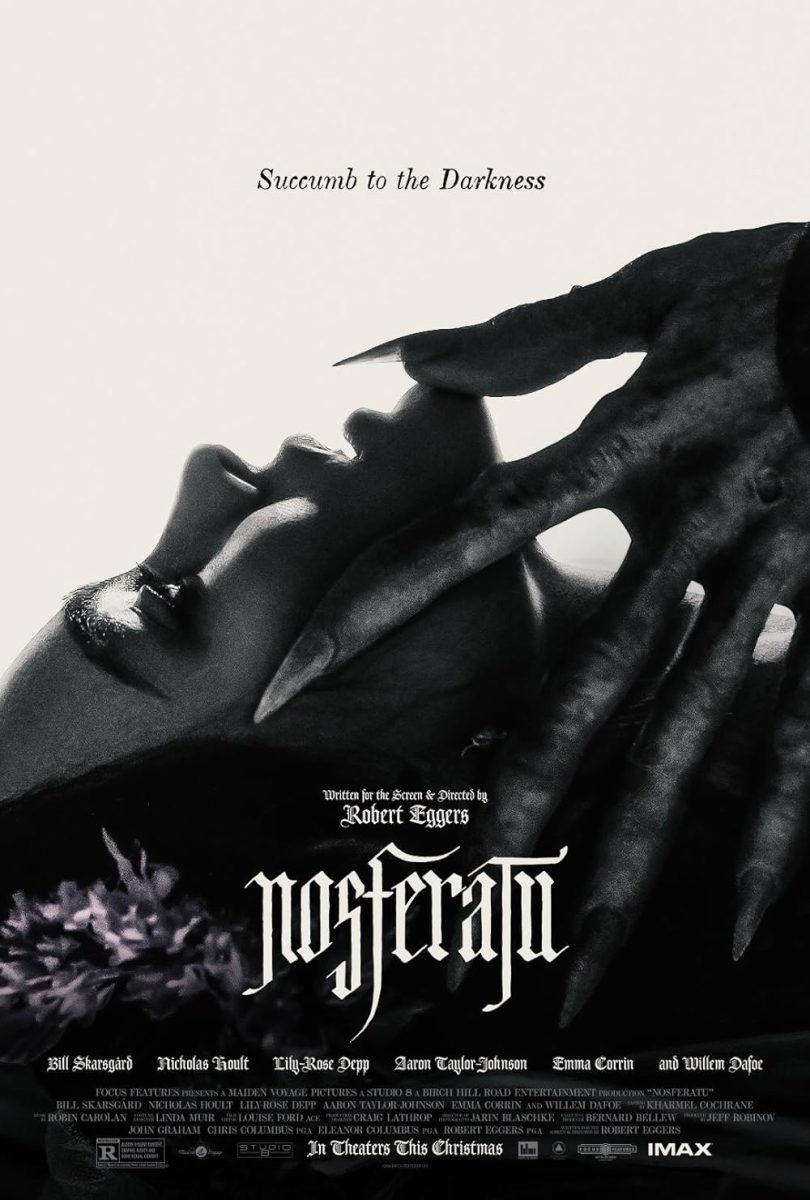According to an April 19 Statesman Journal article, more than 13 million kids will be bullied this year. In 2010, the federal government attempted to address this problem by holding its first annual bullying summit. That same year, a group of “bullysides,” suicides by teenagers as a result of peer bullying made national headlines and opened the door to reveal the dangers of bullying.
This growing problem serves as a backdrop to the uncomfortable, infuriating, and yet essential documentary, Bully, directed by Lee Hirsch.
The film focuses on the experiences of four kids subjected to bullying. While they are only followed over the course of a year, it is apparent that this is not a new problem. There is also a focus on the parents of two other bullying victims who committed suicide.
The film transitions between the boys and girls profiled, focusing on the harrowing experiences of four teens: 12-year-old Alex Libby of Iowa is regularly tormented on his school bus, 16-year-old Kelby Johnson of Oklahoma is ostracized for her sexual orientation, 14-year-old Ja’Meya Jackson of Mississippi ends up in a reformatory after desperately resorting to bringing a loaded handgun to school to combat bullies and 11-year-old Ty, also of Oklahoma, took his own life after years of being bullied in school.
Bullying is not a new problem, but this does not make this movie any less alarming. Bully highlights some of the key ways that bullying goes unchecked. For example, when Alex’s parents confront the school’s assistant principal with hidden-camera footage of Alex being bullied on the bus, this assistant principal simply says, “Kids will be kids.”
According to the American Psychology Association, one of the major problems with bullying is that it is a social contagion. This means that kids will participate more willingly because it appears to be the social trend in their school.
In the movie, school officials make no attempt to end this trend and handle the problem poorly. At Alex’s school, the assistant principal merely forces a bully to shake hands with his victim, and then keeps the victim behind so she can scold him. When Alex complains that the school did nothing when he reported a bully sitting on his head, the administrator responds by asking him how he knows she did not do anything.
It becomes painfully evident that the anti-bullying movement will be have to be predominately lead by parents and affected youth.
Luckily for CHS, the school has played an integral part in preventing bullying. However, the “Be the Change” campaign seems to have dissipated into something of the past, even though bullying is still an important issue.
While the campaign did not necessarily make extreme or groundbreaking changes in students’ daily lives, it serves as a reminder that everyone in the CHS community is capable of making a positive impact in the cruel world of bullying.













